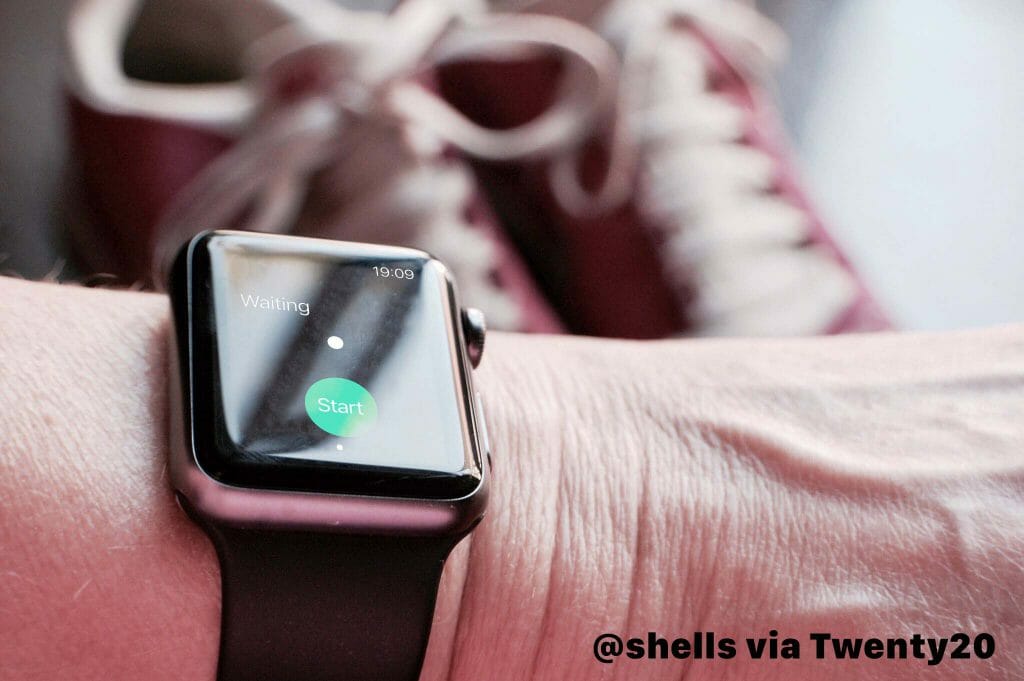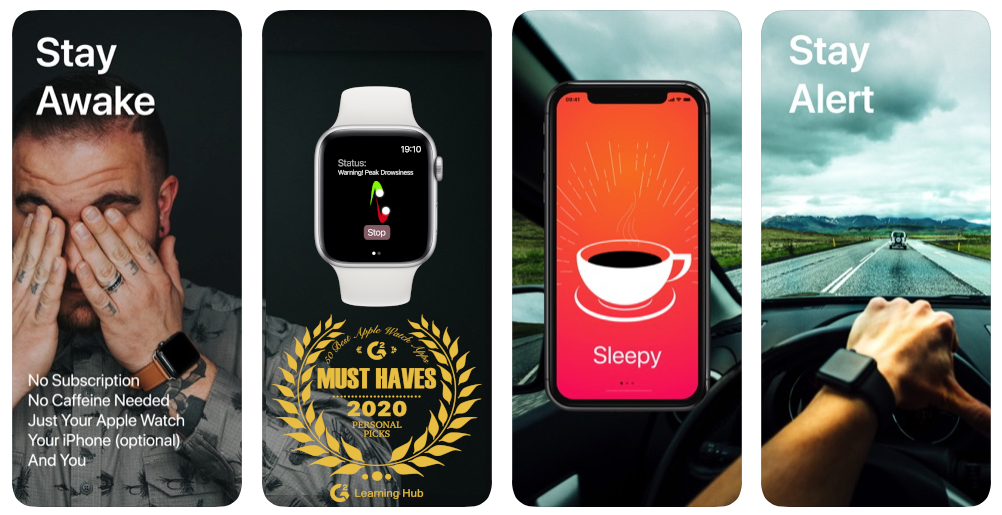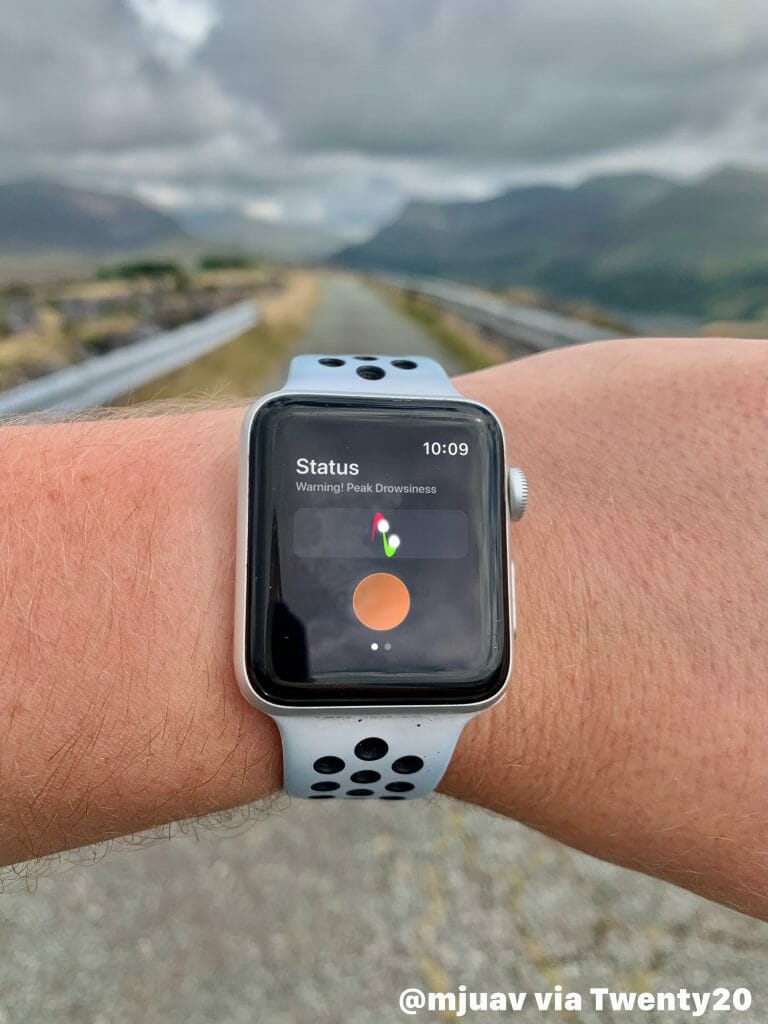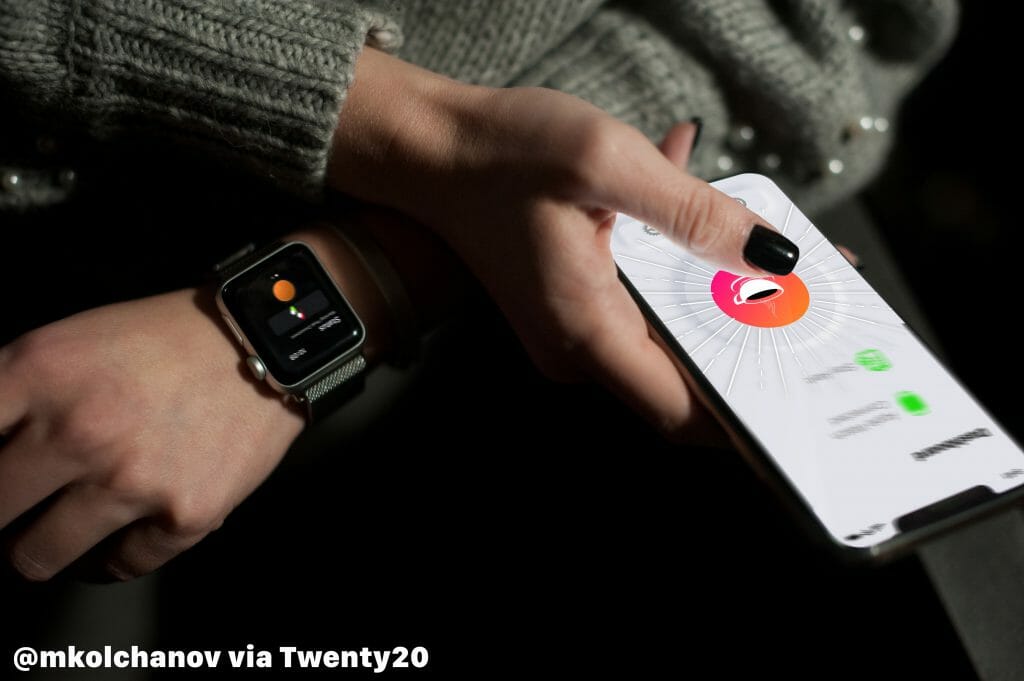What Are You Waiting For?
Prepare yourself beforehand for the withdrawal symptoms by knowing what to expect.
There’s No Time Like the Present
Do something…
Depending on the circumstance, it’s usually good advice to wait and see how things play out before making a decision on whether to act or not. However, when it comes to your health it can be dangerous.
If you are one of the many people that find that you can’t start the day or concentrate without having your daily dose of caffeine, then you may be suffering from a caffeine dependency.
You may have tried to kick the habit but suffered from hangover like symptoms or you may of unconsciously found yourself eating or drinking something with caffeine in it. Unfortunately it can take a lot of willpower to overcome the habit, but with the right approach you can do it.
Procrastination
It’s difficult to give up something that you don’t even realise that you have a dependency on. Friends, family or work colleagues may point out that you seem to drink a lot of coffee or tea but you think nothing of it.
Besides, you could quit at any time you want, and it’s not that difficult you tell yourself. But when you’ve tried to abstain for a day or two, you found that although you were able to complete the challenge, you also didn’t feel so great. Maybe you had a headache or were suffering from flu like symptoms, but you put it down to just being run down or tired.
Because the level of caffeine dependency is specific to each person, many dismiss it as just an internet fad, or urban myth, but there is a growing segment of the population who are not only dependant on caffeine to get through the day, but also suffer from the withdrawal symptoms of giving up caffeine.
This can make people more reluctant to give up their daily dosage and find reasons why they should in fact not quit caffeine. To be fair, as a healthy adult, if you consume less than 400mg per day, you should be okay. The problem then lies with keeping track of how much caffeine you consume across different food stuffs and beverages..
Polyphenol compounds in tea may offer heat health benefits at intakes greater than four cups per day. Coffee is also a source of polyphonous, but is higher in caffeine.
Ruxton, C. (2009). Health aspects of caffeine: benefits and risks. /Nursing Standard,/ /24(9),/ 41-48.
Tea and coffee can make a positive contribution to hydration when caffeine intakes remain below 400mg/day. This equates to eight cups of tea or five cups of instant coffee if no other dietary sources of caffeine are consumed.
Why Quit?
“If caffeine is actually good for my health, why should I give it up?” It is true that caffeine is beneficial to health but at specific dosages. Throughout a typical day it is very easy to lose track of how much of anything you consume.
Although I’m not a medical researcher or practitioner, many of the research papers and documents that I’ve read tend to not take into account people’s actual daily lives, and work within a specified recommended daily amount, as opposed to studying what people actually consume within a day. This is very difficult to do and it is reasonable that within controlled tests that they stay within the upper and lower bounds of what is deemed to be safe.
Unfortunately for us, unless we measure and keep track of everything that we consume daily, we can unknowingly easily consume far above the recommend daily limits and place ourselves in harms way.
Our body’s will tend to let us know that something isn’t right, but unless we are sensitive and aware of what those signs are we can miss them entirely. For example, if you are regular caffeine consumer and suffer from any of the following, you may be consuming more than the daily recommend amount of caffeine in your diet:
- Anxiousness
- Poor sleep
- Tiredness
- Headaches
- Abdominal pain
- Hearburn
Numerous studies have shown that caffeine-dependent people sooner or later step away from their habit. According to one study, the most prevalent out of twenty reasons to quit reported by former coffee drinkers was to seek escape from the distressing disturbances of the central nervous system. Nearly four out of ten caffeine addicts quit for this reason alone. Central nervous system disorders have been proven, time and time again, to be caused by the caffeine in beverages, food products, and tablets. More and more former caffeine addicts are citing improved health as their reason to quit.
Kushner, Marina. The Truth About Caffeine (p. 152). SCR Books.
What You Can Do
If you have come to the conclusion that you want to give up caffeine, then this is a good place to start. Having purpose backing your decision will help you through the difficult stages of quitting caffeine as you have reasoned with yourself that this is the correct course of action to take. Write it down and have it within easy reach before you start.
Prepare yourself beforehand for the withdrawal symptoms by knowing what to expect. Everyone is different but there are some common symptoms to look out for.
- Headaches
This is the main reason why many caffeine dependency related advisors suggest that you start your detox on a weekend (usually, starting Friday). Caffeine withdrawal headaches are easily solved, by consuming caffeine, but that defeats the purpose of this exercise. I found that sleeping more and drinking lots of water helped. Experiment to find out what works for you. - Tiredness
Again, another reason for starting to quit at the weekend is that you can feel extremely tired. This is due to the clearing up of your adenosine receptors as your caffeine levels start to reduce. Caffeine inhibits the receptors from identifying how tired you are, so by reducing your caffeine levels your body knows how tired you really are. - Depression
- Nervousness
- Upset stomach
- Irritability
- Tension
- Nausea
Once you start your caffeine detox I would suggest that you get comfy, drink alternative caffeine free beverages and eat caffeine free food that you like.
As the days go on the withdrawal symptoms get better and at some point you’ll start to feel more awake and full of energy. But, as everyone is different, these stages occur at different times depending on your age, size and gender.
The key thing is to persevere. If you find yourself flagging, refer back to the reasons why you are quitting that you wrote down before starting and know that in a relatively short amount of time you’ll be through the tough times.
Review
When it comes to giving up caffeine, we all are different. Some prefer to gradually ease themselves into it, other jump in cold turkey.
Whichever way you decide to start quitting, the most important thing is that you have resolved to start.
Good luck
Afterword
“Good. Coffee is good for you. It’s the caffeine in it. Caffeine, we are here. Caffeine puts a man on her horse and a woman in his grave.”
Ernest Hemingway, source: Quote by Ernest Hemingway: “Good. Coffee is good for you. It’s the caffeine…”

Now available on the App Store, download it now!











